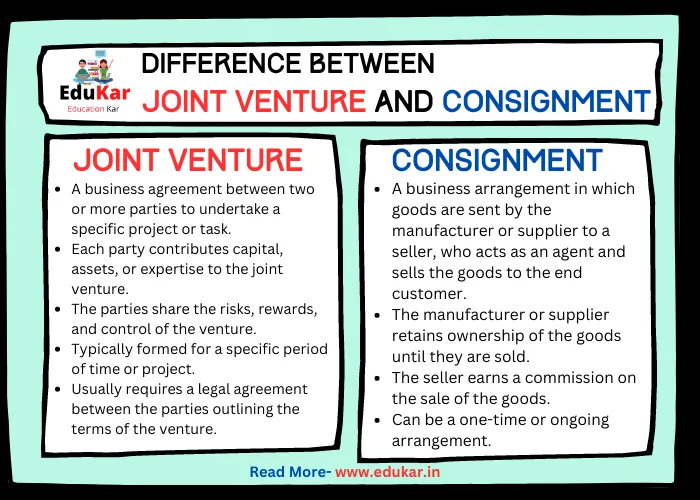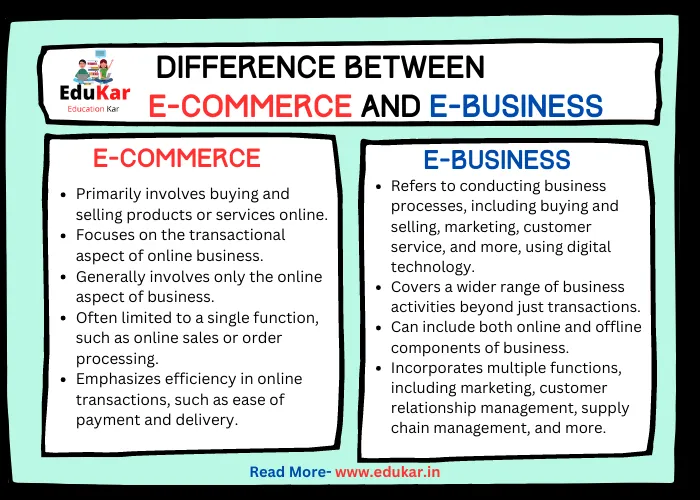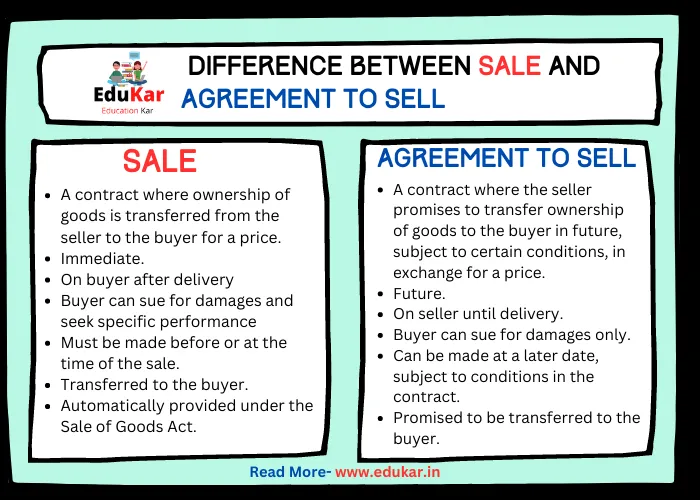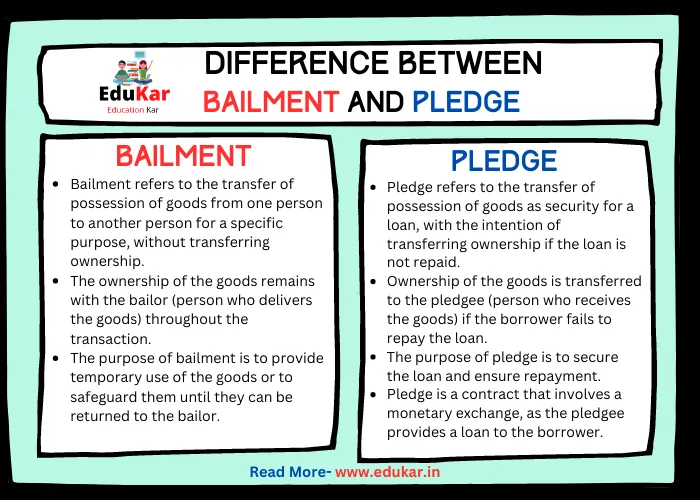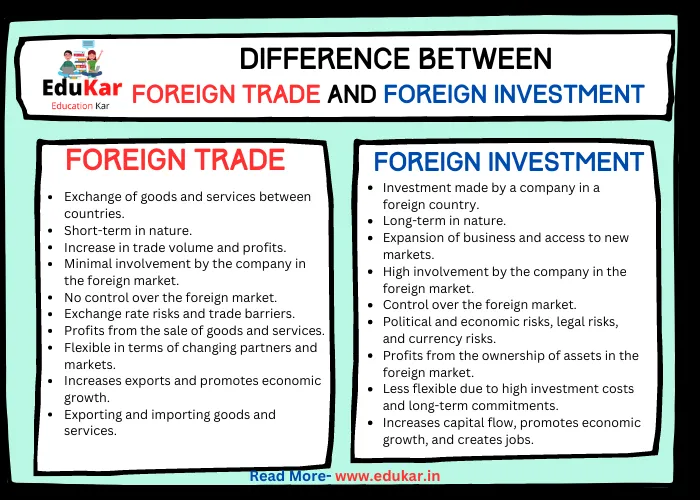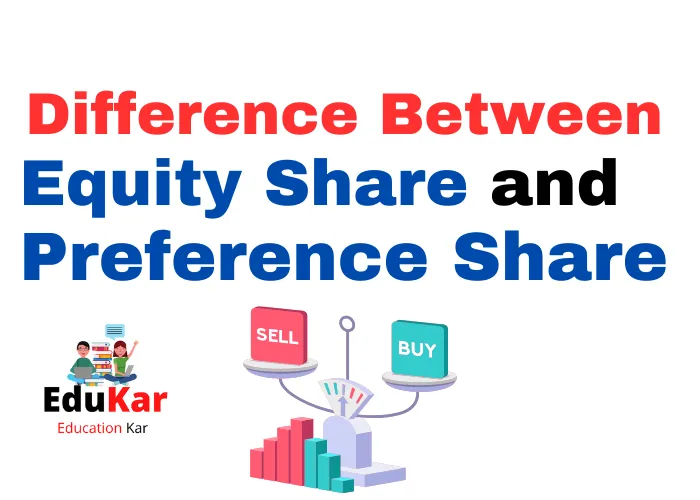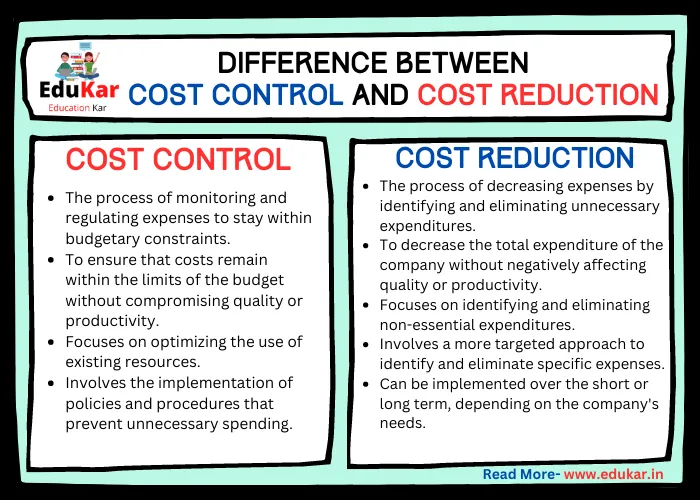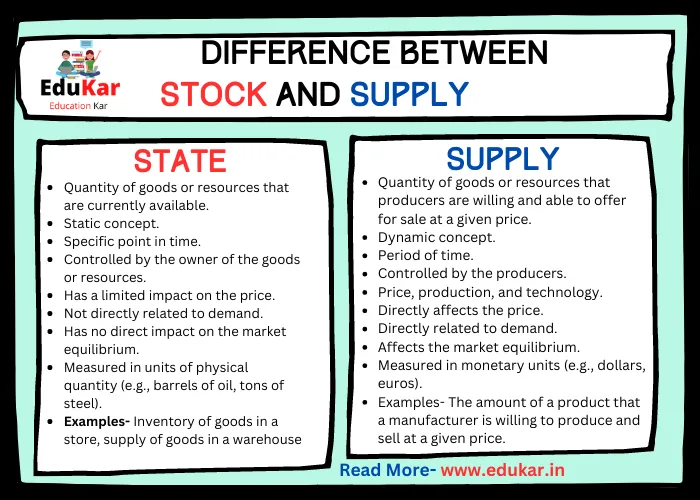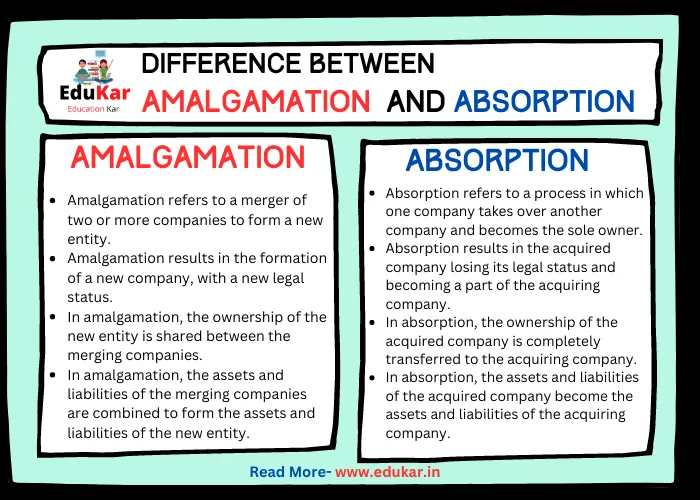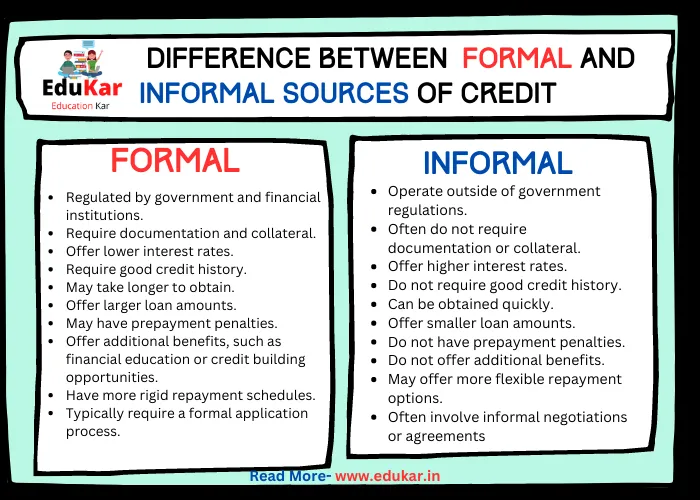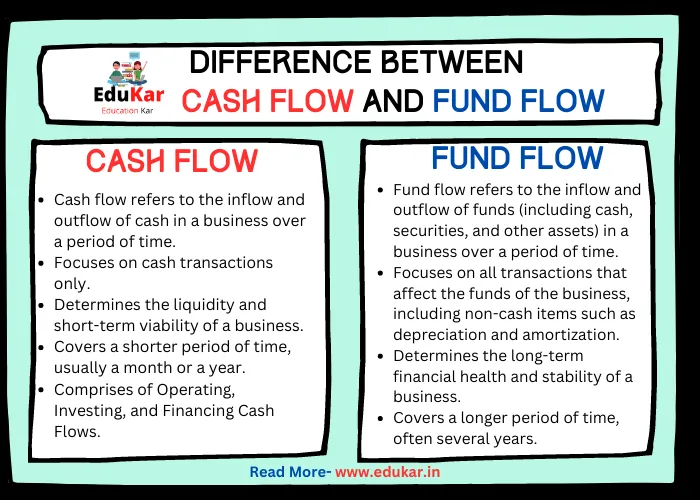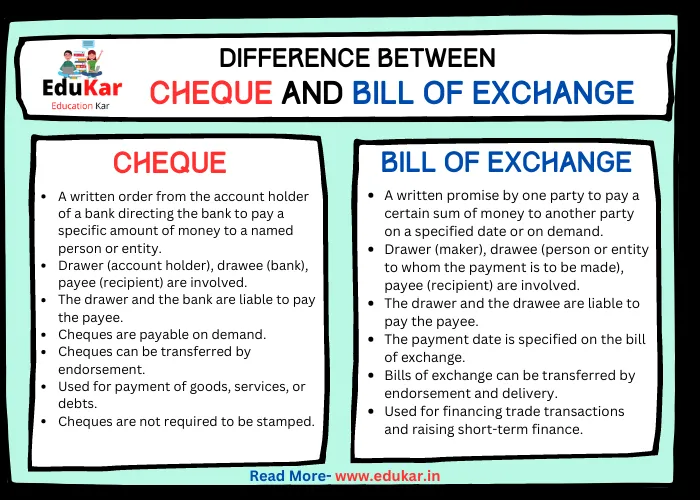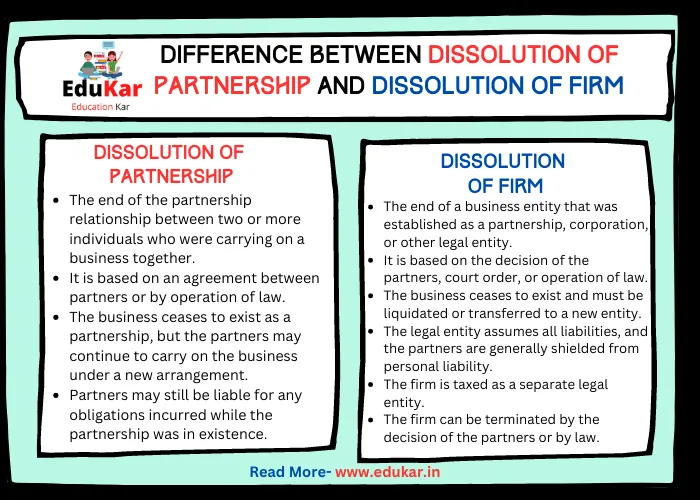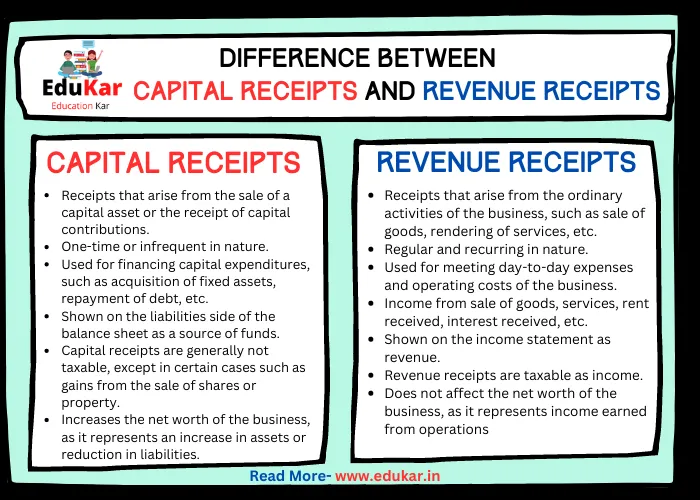Contents
Learn about the key differences between Business, Profession, and Employment, which are three different ways of earning a living. Learn about the distinctions in terms of ownership, risk, income potential, and control, and discover which one might be best for you based on your personal preferences, skills, and circumstances.
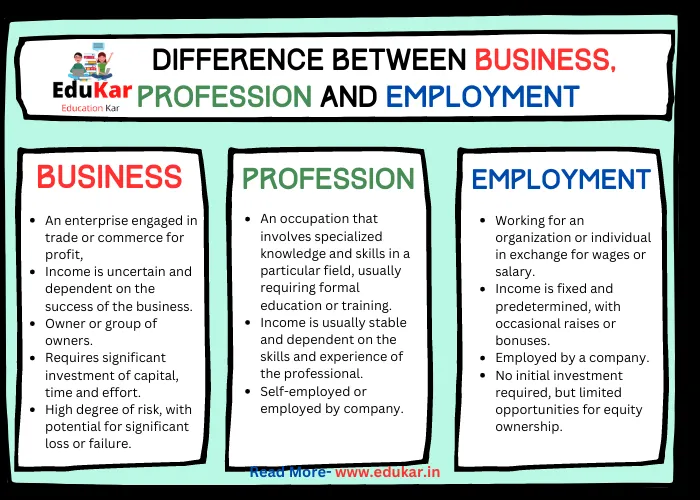
Introduction
Business, profession, and employment are terms that are often used interchangeably, but they are distinct concepts that have their own characteristics, advantages, and disadvantages. In this blog, we will explore the differences between business, profession, and employment, and provide insights and recommendations for individuals who are considering starting a business, working in a profession, or seeking employment.
Business
A business is an organization that engages in commercial activities with the aim of generating revenue and profits. There are various types of businesses, such as sole proprietorships, partnerships, corporations, and franchises. Each type of business has its own advantages and disadvantages, such as liability protection, taxation, and ownership structure.
One of the advantages of owning a business is that it offers autonomy and control over one’s work. Business owners can decide what products or services to offer, how to market them, and how to manage their resources. However, owning a business also comes with financial risks, such as loss of investment or bankruptcy. It also requires a lot of hard work and dedication to be successful.
Profession
A profession is an occupation that requires specialized knowledge and skills and is regulated by a professional association or licensing body. Examples of professions include doctors, lawyers, engineers, and accountants. To work in a profession, individuals must meet certain education and training requirements and adhere to ethical standards.
One of the advantages of working in a profession is job security. Professions often have a high demand for skilled workers, and individuals who work in a profession can enjoy a stable income and opportunities for growth. However, working in a profession also comes with its own challenges, such as high levels of stress and responsibility, and ethical considerations that must be taken into account.
Employment
Employment refers to a work agreement between an employer and an employee, where the employee receives compensation for their work. There are various types of employment, such as full-time, part-time, temporary, and contract work. Each type of employment has its own advantages and disadvantages, such as job stability, flexibility, and benefits.
One of the advantages of being employed is job stability. Employees can enjoy a regular income and benefits such as healthcare, retirement plans, and paid time off. However, being employed also means that employees have less control over their work and may have limited opportunities for growth and advancement.
Differences between Business, Profession, and Employment
| Business | Profession | Employment | |
|---|---|---|---|
| Meaning | An enterprise engaged in trade or commerce for profit | An occupation that involves specialized knowledge and skills in a particular field, usually requiring formal education or training | Working for an organization or individual in exchange for wages or salary |
| Income | Income is uncertain and dependent on the success of the business | Income is usually stable and dependent on the skills and experience of the professional | Income is fixed and predetermined, with occasional raises or bonuses |
| Ownership | Owner or group of owners | Self-employed or employed by Employer | Employed by a company |
| Work Hours | Long and unpredictable | Varies depending on the Duty | Fixed, typically 8 to 9 Hours |
| Investment | Requires significant investment of capital, time and effort | May require some initial investment in education and training, but not typically capital investment | No initial investment required, but limited opportunities for equity ownership |
| Risk | High degree of risk, with potential for significant loss or failure | Moderate degree of risk, but usually less than in business | Low degree of risk, with job security and stability |
| Control | Business owners have complete control over the enterprise | Professionals have some degree of control over their work, but are subject to clients’ demands | Employees have limited control over their work and are subject to employer’s demands |
| Independence | Business owners have a high degree of independence and autonomy | Professionals have some degree of independence and autonomy, but are subject to clients’ demands | Employees have limited independence and autonomy |
| Flexibility | Business owners have a high degree of flexibility in terms of work hours and location | Professionals may have some flexibility in terms of work hours and location, but are often required to be available to clients during regular business hours | Employees have limited flexibility in terms of work hours and location |
| Responsibility | Business owners have full responsibility for the success or failure of the enterprise | Professionals have responsibility for their work and its impact on clients, but do not bear the full responsibility for the success or failure of the enterprise | Employees have limited responsibility, typically only for their assigned tasks |
| Legal structure | Can be structured as a sole proprietorship, partnership, or corporation | Professionals may be self-employed or work for a firm or organization | Employment typically involves working for a corporation, organization or individual |
| Taxation | Pays business taxes | Pays professional taxes | Pays income tax |
| Exit strategy | Business owners can sell or dissolve the business | Professionals can sell their practice or retire | Employees typically leave the job to find another employment opportunity or retire |
| Examples | Microsoft, Apple, Amazon | Doctor, Lawyer, Engineer | Salesperson, Clerk, Manager |
Key difference between Business, Profession, and Employment in Points:
Level of risk: Business owners take on more financial risk than professionals or employees, as they are responsible for the success or failure of their business.
Income potential: Business owners have the potential to earn more income than professionals or employees, but they also have the potential to lose more money if their business is not successful.
Autonomy: Business owners have more autonomy and control over their work than professionals or employees, but they also have more responsibility for managing their resources.
Job security: Professionals and employees typically have more job security than business owners, as they are not solely dependent on the success of their business for their income.
Which one is better – Business, Profession, or Employment?
There is no one-size-fits-all answer to this question as it depends on personal preferences, skills, and circumstances. Each has its own advantages and disadvantages. Business requires more risk-taking, responsibility, and investment but offers unlimited income potential. Profession requires specialized knowledge and expertise but has more stability and security. Employment provides a steady income and benefits but limited growth potential.
Can an individual be involved in all three – Business, Profession, and Employment?
Yes, it is possible for an individual to be involved in all three at different times or simultaneously. For example, a person could have a full-time job while running a side business or practicing a profession as a part-time consultant.
Conclusion
Business, profession, and employment are three distinct concepts that have their own advantages and disadvantages. While there are some similarities between them, there are also some key differences that set them apart. It’s important for individuals to carefully consider their goals, interests, and values when deciding whether to start a business, work in a profession, or seek employment.
Some factors to consider when making this decision include financial risk, income potential, autonomy, job security, and personal preferences. By taking these factors into account and seeking out advice and guidance from professionals in the field, individuals can make informed decisions that align with their goals and values.
FAQs
What is the difference between Business, Profession, and Employment?
Business, Profession, and Employment are three different ways of earning a living. The main difference between these three is the way in which they generate income.
What is a Business?
A business is an entity that is engaged in commercial, industrial, or professional activities to generate profits. In a business, the owner or entrepreneur takes the risk of investing capital and bears the responsibility for its success or failure.
What is a Profession?
A profession is an occupation that requires specialized knowledge and expertise in a particular field, such as law, medicine, accounting, engineering, teaching, etc. Professionals are usually required to undergo extensive training, hold certifications, and follow ethical standards.
What is Employment?
Employment refers to a relationship between an employer and an employee, where the employer provides work to the employee in exchange for compensation. In employment, the employee works under the direction and control of the employer.
What are the similarities between Business, Profession, and Employment?
All three are ways of earning a living and involve work, skills, and expertise. In all three, individuals receive compensation in exchange for their labor and services.

